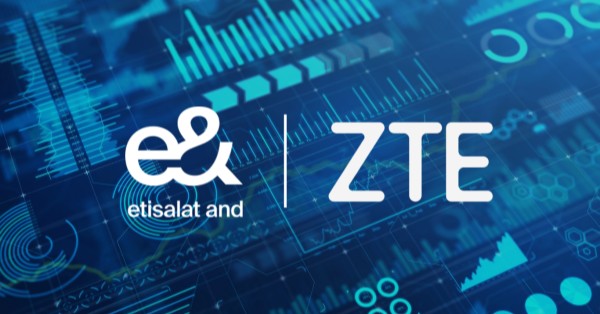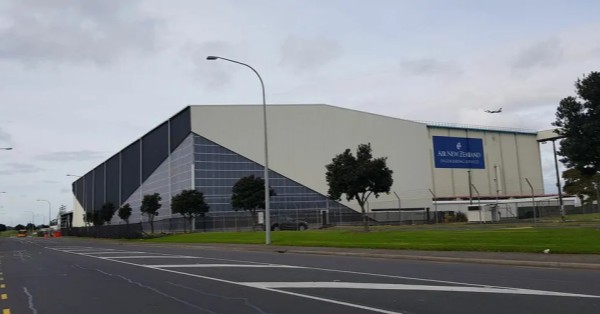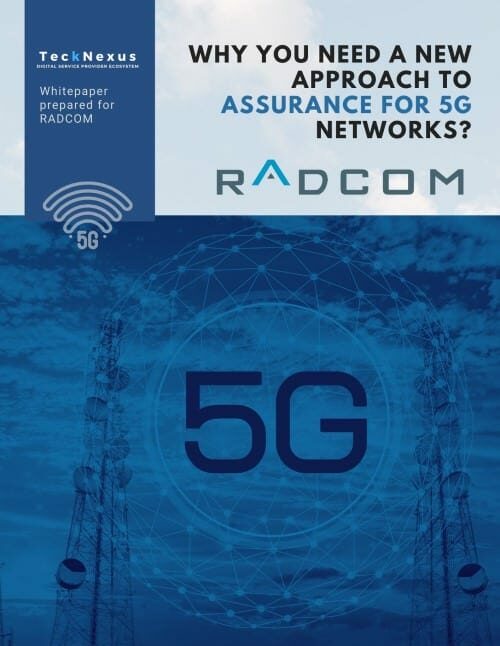Bharti Airtel and IBM announced their intent to work together to deploy Airtel’s edge computing platform in India, which will include 120 network data centers across 20 cities. Once deployed, the platform is designed to enable large enterprises across multiple industries including manufacturing and automotive to accelerate innovative solutions that deliver new value to their clients and operations — securely at the edge.
Airtel’s edge computing platform, deployed as a hybrid environment based on IBM Cloud Satellite and Red Hat OpenShift®, extends secured and open cloud services wherever data resides. This can help improve business performance and customer experience by reducing latency while addressing data security and sovereignty requirements – which is critical as workloads increasingly shift to the edge.
The business value delivered by edge computing can be significantly enhanced when combined with 5G. In India, where 5G is expected to be rolled out later this year, it has the potential to create a cumulative economic impact of $1 trillion by 2035.
Speaking about the work, Ganesh Lakshminarayanan, CEO – Enterprise, Airtel Business said, “As India gears up to experience 5G, we see a massive opportunity to help businesses across industries transform how they deliver goods and services. We have the largest network of edge data centers available in India under the Nxtra brand and we will leverage our work with IBM to help Indian businesses address their critical business needs with greater efficiency, making it significantly easier for companies to process workloads where their data resides.”
Maruti Suzuki India Ltd, India’s largest passenger car maker, intends to use the edge platform to increase accuracy and efficiency for quality inspections on the factory floor. By deploying this platform, Maruti Suzuki expects to boost quality control and ensure their data remains protected at the edge.
“At Maruti Suzuki, we continuously strive to meet the highest quality standards by ensuring our processes and quality control are well above industry standards. Technology is a key enabler in this journey, helping boost quality, efficiency and deliver the next-gen user experience. We are excited to work with Airtel Business and IBM to set an even higher benchmark and explore the vast possibilities of deploying AI and analytics at the edge to augment the expertise of our workforce,” said Rajesh Uppal, Senior Executive Director, HR and IT, Maruti Suzuki.
The work between IBM and Airtel around embracing 5G was announced today at Think Mumbai. Airtel’s solution leverages IBM Maximo Visual Inspection for AI-enabled quality inspection. IBM Consulting is to lead the systems integration for the IBM platform. Through this hybrid cloud platform and IBM Consulting’s industry expertise and access to best-in-class technology and partners, IBM and Airtel Digital engineering teams will build use cases that leverage Airtel’s 5G connectivity and IBM’s hybrid cloud capabilities to address the pressing business issues faced by enterprise clients.
Harnessing Airtel’s 5G connectivity and highly secured edge computing capabilities from IBM can enable enterprises to deploy and manage workloads in near-real time. Industries including telecommunications, financial services, healthcare and government can benefit from reduced latency, high availability and increased connectivity speeds.
“As businesses – particularly those in regulated industries – work to modernize their infrastructures, they need to be able to do so in a way that enables them to stay compliant, without becoming overburdened by their compliance obligations — regardless of where their data resides,” said Howard Boville, Head of IBM Cloud Platform. “Teaming with Airtel to bring IBM’s hybrid cloud offerings to their Indian multi-access edge compute customers will help them embrace the opportunities presented by 5G and edge, like innovating with greater speed and security.”





























